Every two to four years, the DHS Orchestra takes an international trip. They have visited places such as Canada, Ireland, Scotland, Germany, Austria, and the Azores. However, COVID brought their globetrotting to a standstill.
It wasn’t until February break of this year that the orchestra resumed its travels outside the country. This time they spent February break in Spain, performing with three other student orchestras and getting exposed to a plethora of new experiences.
DPS Orchestra Director and String Specialist Heather Church was thrilled about the trip. Ever since she spent her junior year of college abroad in England, she’s held a deep appreciation for the importance and fun of travelling. “It opened my eyes to the world at large, and it got me out of my little Massachusetts town,” she said.
However, Church noted that “traveling with [the orchestra] is a very different experience than [the students] will ever have at another time in their lives because they’ll have their instruments in hand.”
Before the magic could happen, a lot of preparation took place. Church planned the trip over the past two years with MCM Arts, a small touring company run by former musicians. The orchestra traveled with MCM to Scotland back in 2017. Church proposed the trip to her students at the beginning of the 2023-24 school year, allowing them enough time to raise money.
The trip was mostly self-funded by students and their immediate families. Additionally, friends and extended family donated through a Fan-Pledge fundraiser. The orchestra drew upon revenue from prior fundraisers to cover the remaining expenses. To ensure everyone who wanted to go on the trip was able, the orchestra granted scholarships to some students.
On top of fundraising, the orchestra spent months rehearsing the pieces they’d perform in Spain, which can be found here. MCM planned for Dartmouth to collaborate with three other student orchestras: the European School, the Conservatory of Llíria, and the Joven Orquesta Divisi. The concert program consisted of nine pieces, three of which were arranged by Dean Marshall.
Marshall is one of the three owners of MCM. Prior to their departure, Marshall ventured to Dartmouth to work with the orchestra for a few days.
“He brought a new perspective,” Church said. “The kids knew the music well by the time he got here, so he encouraged them to memorize the music. That way, when they were playing, they could just enjoy the music and not feel so caught up in the written page. He added, literally, breath to the music.”
Marshall sought to get the students out of their comfort zone. He placed a strong emphasis on movement, instructing students not to sit still while they played. Occasionally he would point to a random student and ask them to play a section by themselves. “They were kind of like a deer in headlights,” Church said. “But [Marshall] did it in a very loving and supportive way. He was basically showing those students and others around him that they could work through their fears and anxieties about performing on their own in front of people.”
When it was finally time to leave for Spain, the trip had amassed 92 people. That included 50 students, 10 chaperones, four DHS staff, three MCM staff including Marshall, and 25 “tag-a-longs”—the lucky relatives and other dignitaries who got to join the voyage.
The orchestra visited Barcelona, Alicante, and Valencia, performing in the latter two provinces. There was no competition element to the performances; they were “just joyful collaborations with other groups,” as Church describes it. During the performances, Marshall conducted the pieces he arranged, while Church, DPS Low String Specialist Michael Daniels, and instructors from the Spanish orchestras took up the baton for the other compositions.
When they weren’t performing, the orchestra got to experience the culture and beauty of a foreign country. The European School, for example, arranged a picnic and three-hour volleyball lesson on the Mediterranean beach, enlisting five coaches to help the students work on their skills. The orchestra visited iconic landmarks like Sagrada Família and Santa Maria de Montserrat in Barcelona. They went on caving and boat tours, tasted traditional paella, and explored the town centers.
“They got to see a different culture and they really liked it,” Church said. “Travelling opens their eyes up to what else is out there. Hopefully they left feeling a little more inspired and open to the world beyond what we know, what they’ve grown up with.”
However, it wasn’t all picturesque picnics on the beach. The party encountered several challenges. On the Sunday when the orchestra was supposed to fly to Spain, a snowstorm hit, placing their travel arrangements in jeopardy. During the middle of the week, one of the schools they were collaborating with got the date of the performance confused. And on another day, on the students’ way to get paella, the bus driver took a wrong turn. He had to drive in reverse for one or two miles, snaking down a narrow, one-lane path surrounded by water on both sides.
“The name of the game on trips like this, especially with so many people, is flexibility,” Church said. “There are going to be times when things are tricky, and if we, as adults, don’t put our best foot forward, our kids aren’t going to either. Little things like that happened, and we handled it really, really well.”
This is best exemplified by the infamous elevator incident, in which 11 students were trapped for an hour.
The elevator could hold a maximum of 12 people, so the students were simply following the hotel’s rules. The trip leaders talked extensively to MCM afterwards and filed a complaint with the hotel. Chaperones and staff called home to inform families of the situation and talked with the trapped students. However, the students were “very much processing it with one another,” Church said. “This was an example of kids really helping each other out. There were seniors in there, there were freshmen, kids who hardly knew each other, and people just stepped up and did their very best to handle the situation.”
Whether they were performing, going on excursions, or facing challenges, the students developed deeper connections with one another. “Before the trip, I told them that it’s important we have each other’s backs, because we’re all we have for this week,” Church said. “We’re going to be side-by-side, so we might as well get to know each other, put ourselves out there, and learn how to trust each other. That was my hope for the students, and it seems to have come to fruition.”
Church is already looking forward to the orchestra’s next trip. She has her eye on a return to Ireland. “Irish music is very accessible and it’s a ton of fun for string players,” she said. As for collaborations, there are several orchestras and academies that specialize in traditional Irish music. And, after navigating the busy streets of Barcelona, Church would love to hike through the Gap of Dunloe, which is 11 mountainous miles of nothing but “students and sheep.”
Until then, the DHS Orchestra is performing in their hometown. “They are definitely at the top of their game right now,” Church said. “We know the music so well at this point. They’re playing really beautifully together. They’re communicating with each other better; they’re looking at each other across from section to section and not just staring at the music, which creates an instant bond.”
Since the trip, “they’re also more appreciative of each other’s roles in the ensemble,” she added. “Definitely, overall, they’re a better connected orchestra. I’m proud of them.”

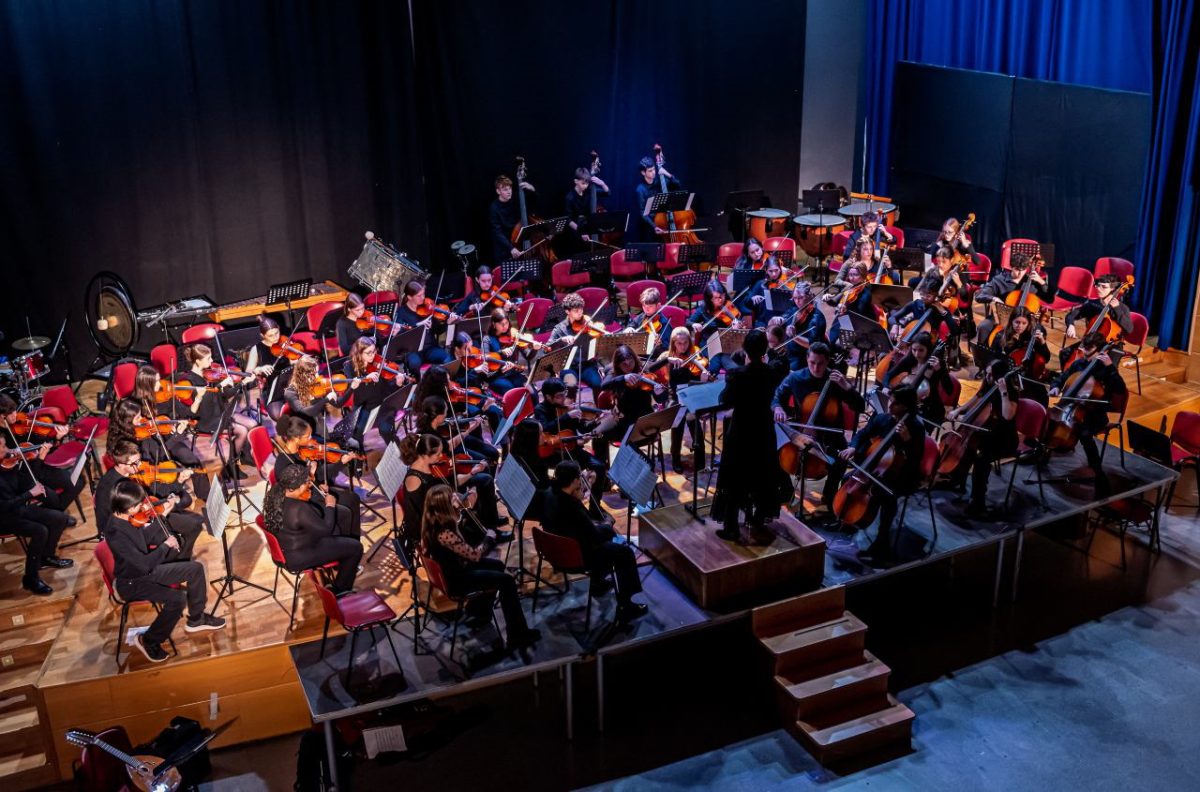
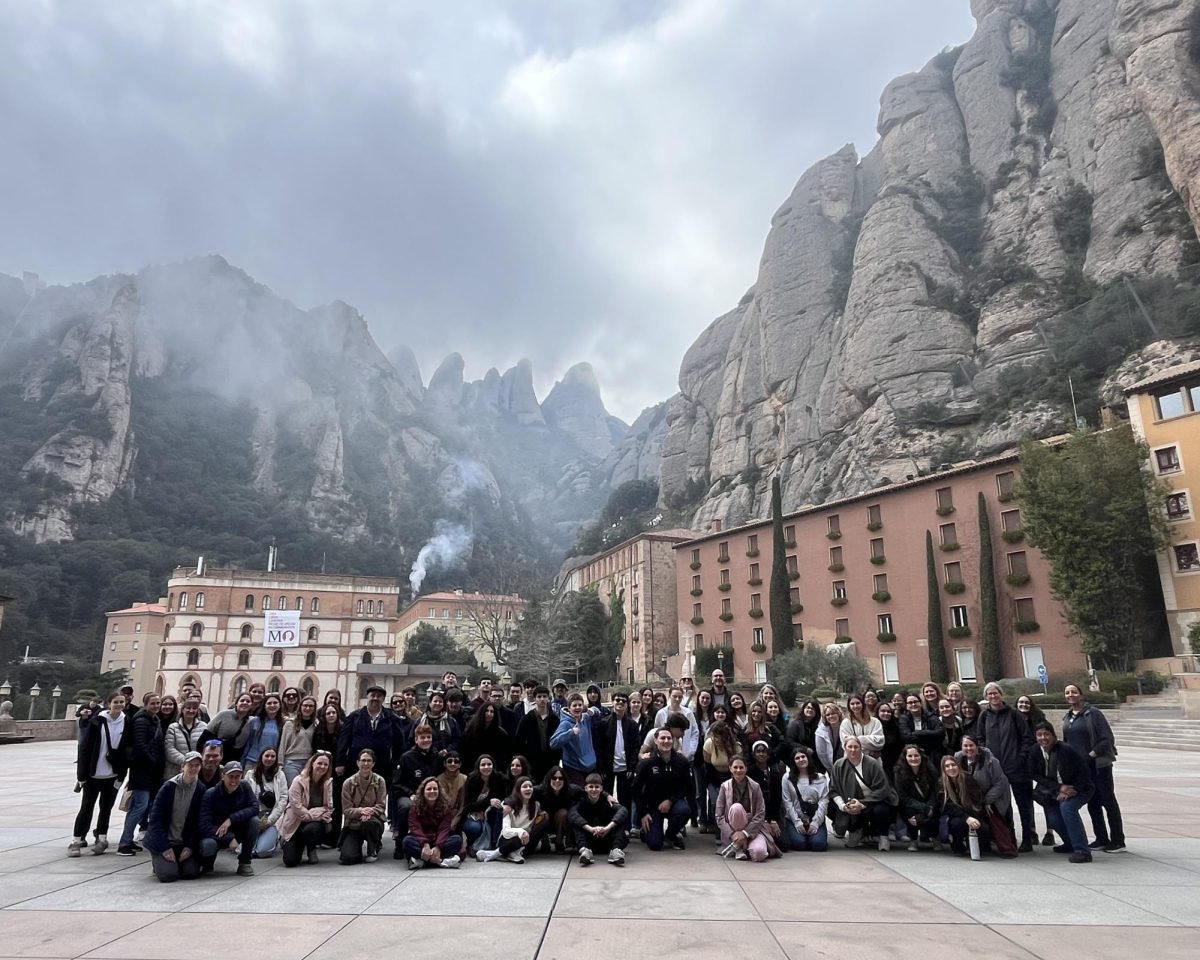


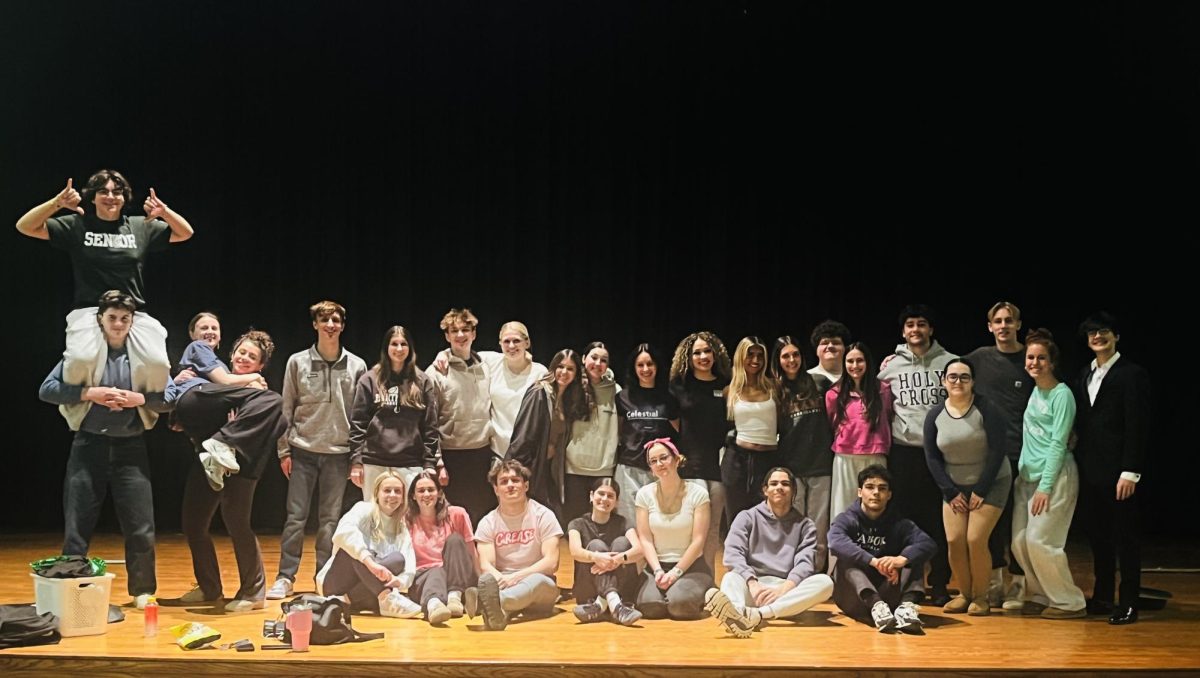
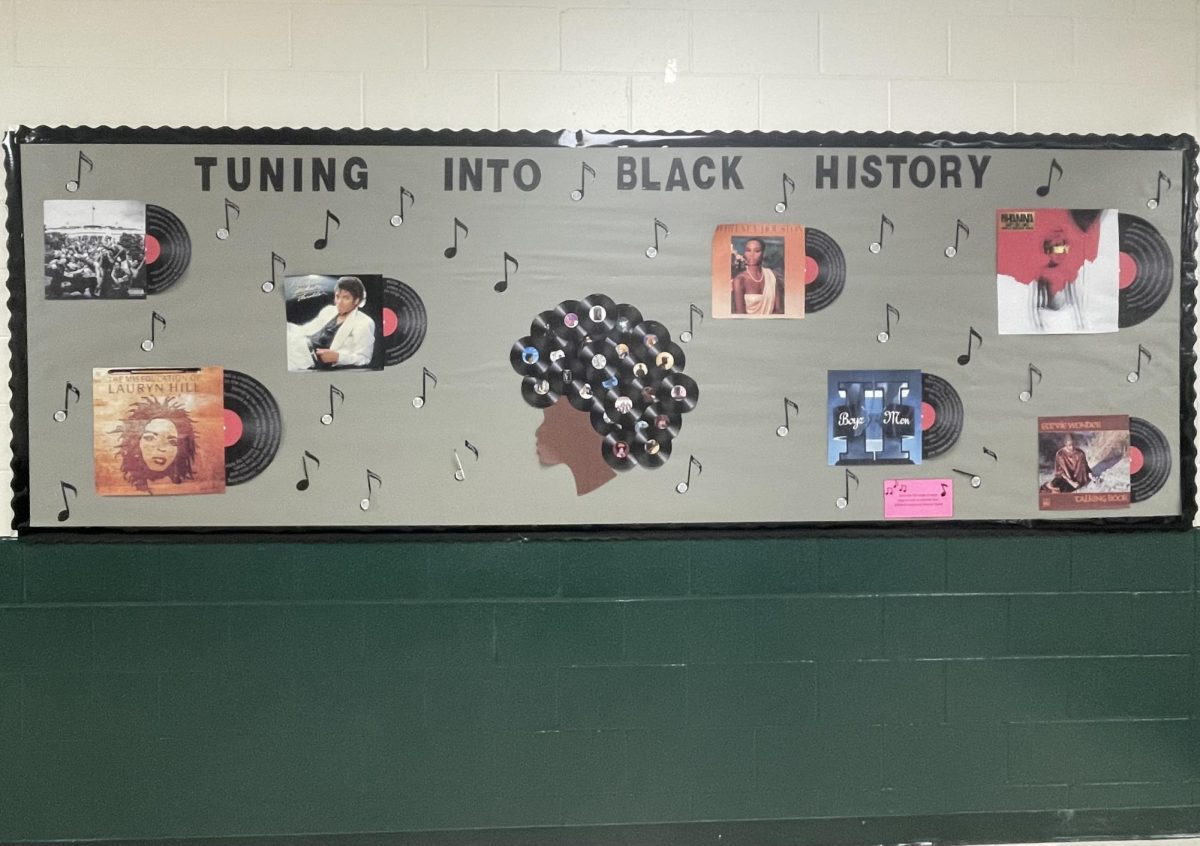
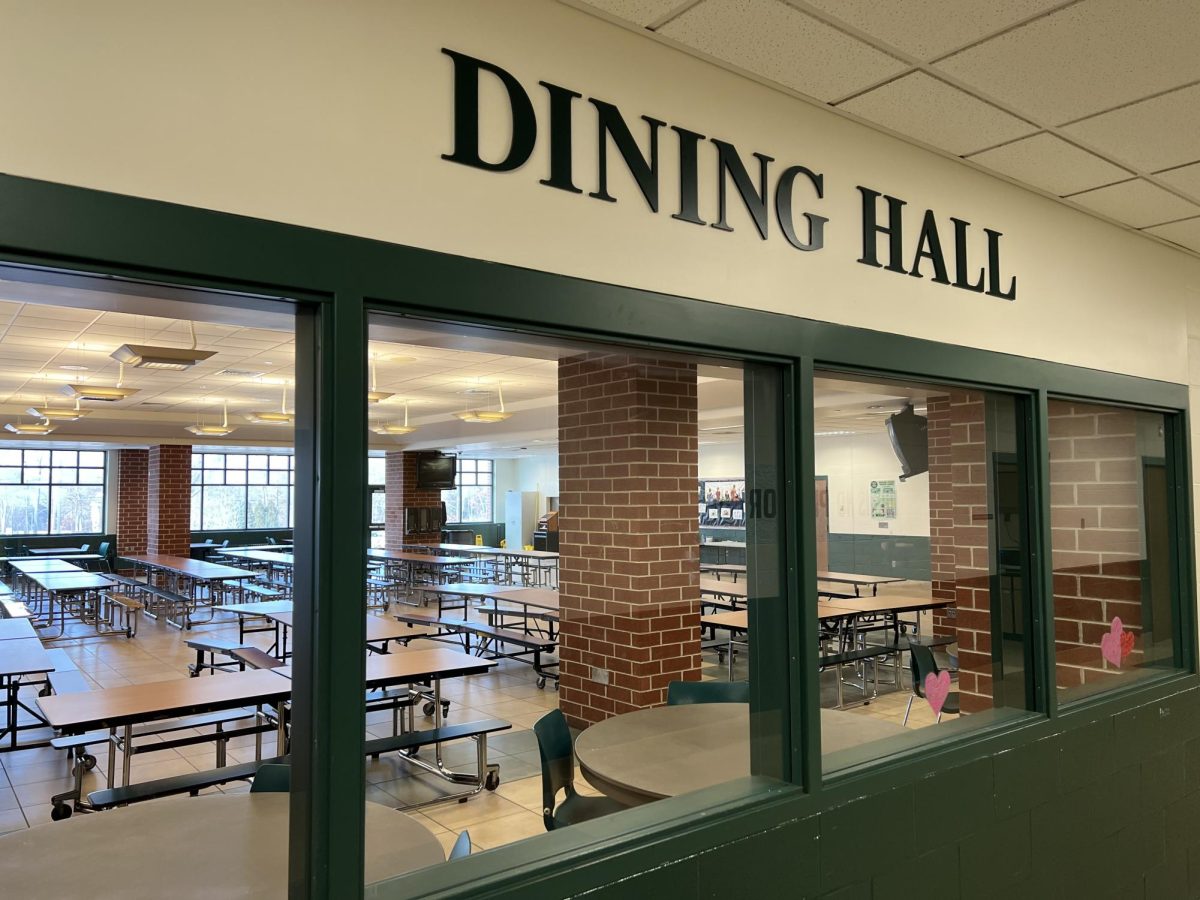


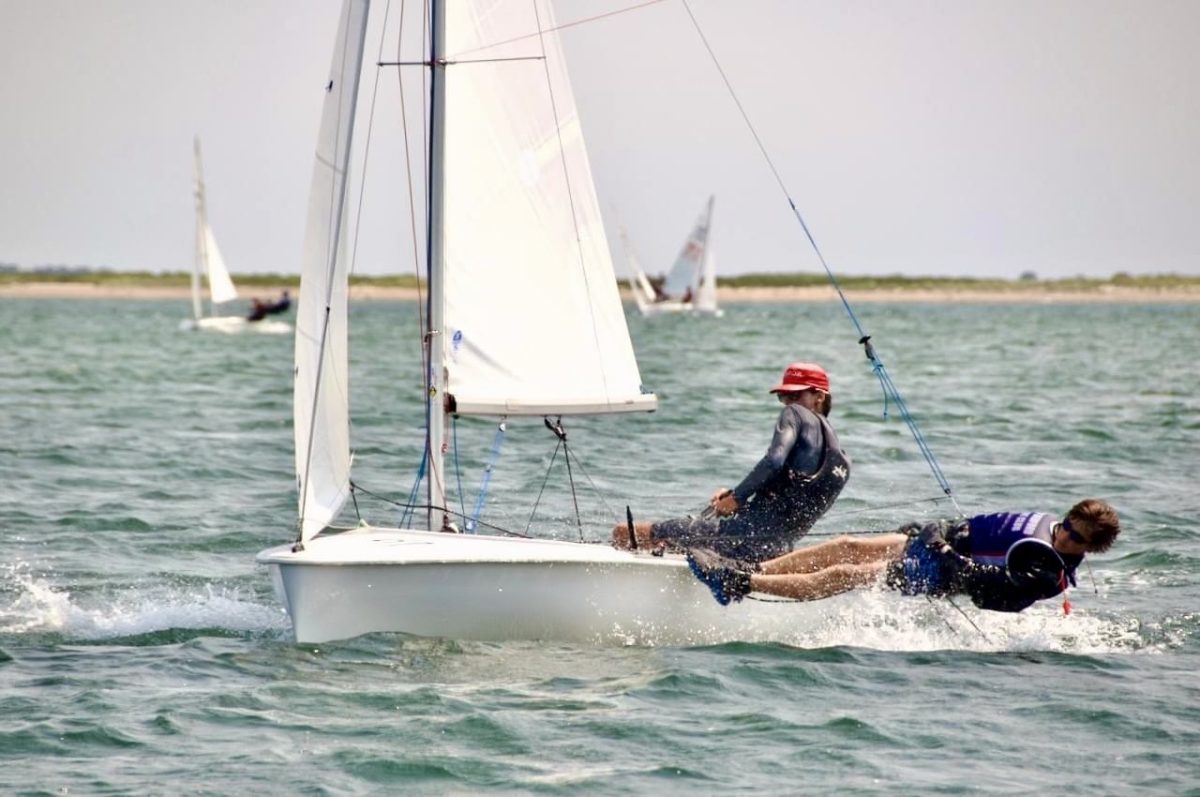
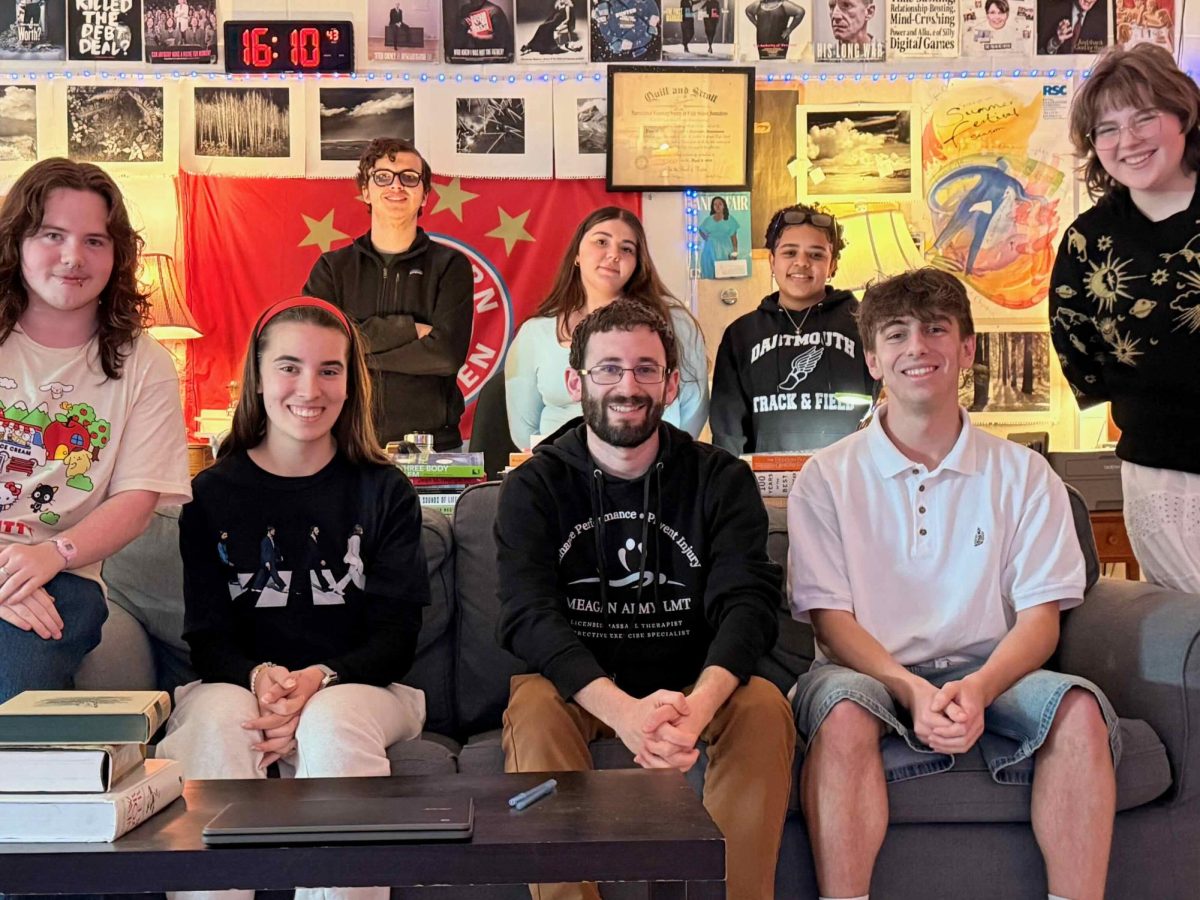
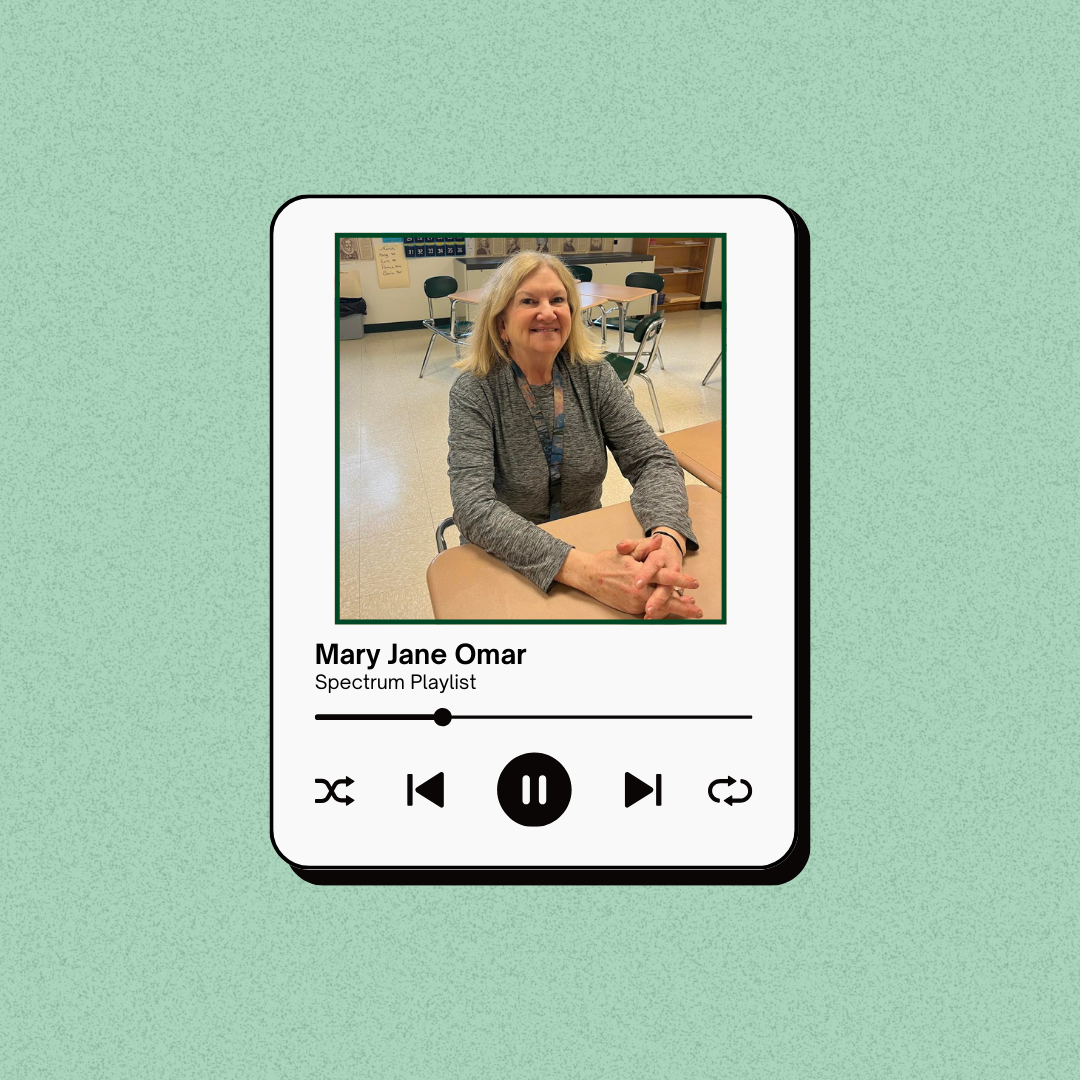



C.S. • Apr 1, 2025 at 9:44 am
Excellent article!